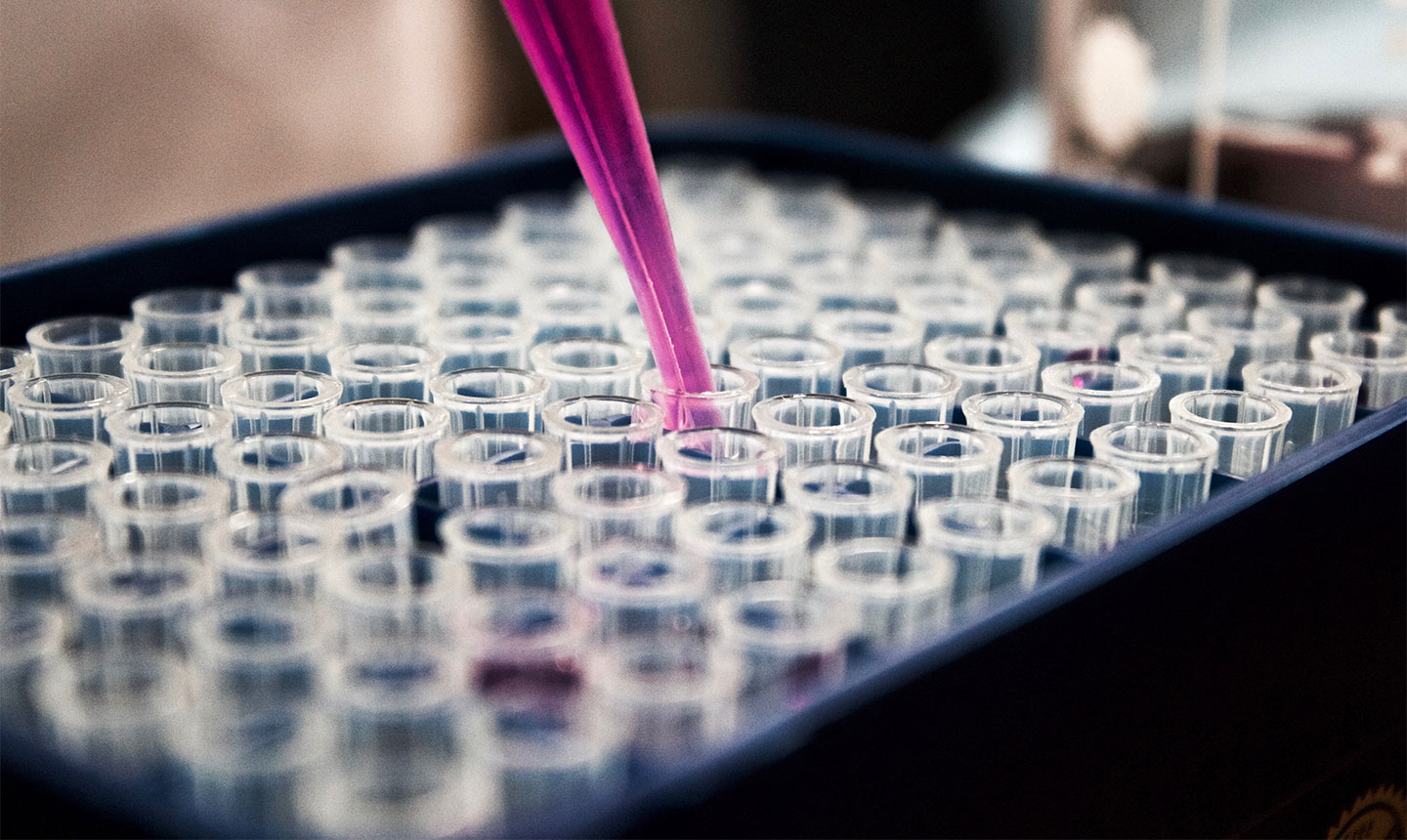COVID-19
Construction Guide
Overview
The construction sector has been severely affected by COVID-19, but is seen as a key part of the post-lockdown economic recovery. Stakeholders face the challenge of continuing work while complying with social-distancing constraints and managing delays caused by restrictions on movement of goods and labour.
This guide looks at the impact of COVID-19 on the construction sector in over 30 countries, including the latest position as jurisdictions relax their lockdown measures. The guide is part of Up Again, our campaign to help you get back to business after the disruption from COVID-19.
 Argentina
Argentina
Please note that regulations are being modified on a daily basis.
Suspension of Administrative Deadlines
By means of Decree No. 298/2020 (Decree 298/20), issued within the context of the public health emergency established by Law No. 27,541 and broadened by Decree No. 260/2020 (Decree 260/20) on the COVID-19 pandemic, the Argentine Executive has ordered:
- the suspension of administrative deadlines in ongoing administrative procedures, including both the general administrative procedures under the Administrative Procedure Act No. 19,549 as well as other special administrative procedures, from March 20 to March 31, 2020, without prejudice to the validity of the acts performed or to be performed within that period;
- the exclusion from the aforementioned suspension of administrative procedures related to the public health emergency (established by Law No. 27,541 and broadened by Decree 260/20 and its amending and complementary rules); and
- the authorization of the jurisdictions, entities and agencies that comprise the Argentine Public Sector pursuant to section 8 of the Financial Administration Law No. 24,156, to provide exceptions to the general suspension of administrative deadlines referred to in point 1 within the scope of their respective powers.
The suspension of administrative deadlines provided by Decree No. 298/2020 was extended from April 1 to April 12, 2020 by means of Decree No. 327/2020, from April 13 to April 26, 2020 by means of Decree No. 372/2020, and from April 27 to May 10, 2020 by means of Decree No. 410/2020, from May 11 to May 24, 2020 by means of Decree No. 458/2020.
Direct contracting of goods, services and equipment
On March 18, 2020, through Emergency Decree No. 287/20 (“Decree 287/20”) the Argentine Executive authorized the direct contracting of goods, services and equipment necessary to attend to the public health emergency for jurisdictions and entities that comprise the Argentine Public Sector in light of article 8, paragraphs a) and b) of Law No. 24,156, namely:
- central administration and decentralized agencies; and
- companies and enterprises owned or controlled by the State.
Because of this measure, during the term of the public health emergency, such entities and jurisdictions will not be subject to the Federal Public Administration Procurement Framework approved by Decree No. 1,023/2001 (“Decree 1,023/01”) or other specific procurement regimes which establish public bidding as a requirement.
Decree 287/20 also provides that any direct contracting must be subsequently published in the Official Gazette and on the Federal Contracting Office’s website.
The Chief of the Cabinet of Ministers – within the framework of the powers granted in the emergency regulations – issued Administrative Decision No. 409/2020 to set forth the principles and guidelines that will govern the Emergency Procurement Framework declared by Emergency Decree No. 260/2020. These principles and guidelines include:
- Reasonability and efficiency: The COVID-19 Procurement Procedure is exclusively applicable to the procurement of goods and services required in the framework of the emergency provided for by Decree No. 260/2020, and such circumstances must be duly justified within the procurement documents.
- Competitive bidding: For a call for bids, the Procurement Operating Unit will consult the list of suppliers corresponding to the goods and services to be acquired who are registered in the Supplier Information System (SIPRO) associated with the Electronic System for Procurement of the National Administration (COMPR.AR), at the time of the call for bids.
- Transparency: The procuring entity will have to summon at least three suppliers, unless SIPRO shows that there are less than three possible suppliers, in which case such circumstance must be duly contemplated in the corresponding procurement file.
- Publicity: Under the rules of the COVID-19 Procurement Procedure, the invitation to potential bidders must contain a minimum amount of information, including: (a) technical specifications, providing the catalogue code, if it exists; (b) the term to deliver; (c) partial and total amounts; (d) the place and method of delivery; (e) the place, date and time for the submission of the bids; (f) the institutional email address where the offers will be received; (g) selection criteria for the offers; (h) the term and means of payment; and (i) information establishing that a contract compliance guarantee must be provided. If it is necessary, the procuring entity can request the most convenient offer to improve the offered price. In the event the call for bids under the COVID-19 Procurement Procedure is unsuccessful or deserted, the procuring entity may directly select the supplier or suppliers who shall satisfy the demand for a certain good or service.
- Responsibility of the officials who authorize, approve or manage the tender procedure: Furthermore, the administrative decision states that the competent authority to approve expenses for public procurement under the COVID-19 Procurement Procedure will be determined by the parameters set forth in the annex to article 35, subsection (b) of Executive Order No. 1344/200. Finally, it establishes that the applicable procurement procedure will be determined in accordance with the parameters set forth in the annex to article 9 of the regulations approved by Executive Order No. 1030/2016. This annex will also be applicable to determine the competent authority to:
- authorize the call for bids and choose the applicable procedure;
- approve the tender terms and conditions and the preselection in multiple stages;
- leave the tender without effect; and
- terminate the procurement procedure.
For more guidance, please contact Nicolas Teijeiro, Alberto Rubio, Florencia Fabio or your usual DLA Piper partner.
 Argentina
Argentina
In the public procurement system governed by Administrative Decision No. 409/2020, certain guidelines have been established by the Chief of Cabinet of Ministers regarding maximum prices through Administrative Decision No. 472/2020.
It is unclear how existing contracts currently being performed will be affected, given the greater budget restrictions and the reallocation of resources that will result from the reordering of priorities by the Government, which we expect will have a significant impact on infrastructure development.
However, because of the extraordinary circumstances facing the public works industry since the declaration of the health emergency in March, many public works have been de facto paralyzed since then. In addition, the slowdown of economic activities in general (logistics, supplies, human resources circulation) has aggravated the crisis in this industry.
To date this has, however, been dealt with on a case-by-case basis.
For more guidance, please contact Nicolas Teijeiro, Alberto Rubio, Florencia Fabio or your usual DLA Piper partner.
 Argentina
Argentina
The Ministry of Public Procurement established certain health protocols to be implemented when public construction works restart (the Protocol). This Protocol were agreed among the Ministry of Public Procurement, the Argentinean Blue Collar Workers Union (UOCRA) and the Argentinean Chamber of Construction (CAMARCO), to elaborate what is called the “Work Plan to Restart Public Works”. Click here for more information.
Among its parameters, the initiative prioritizes open air works and safe transportation of workers and involves works that have already been restarted by other organizations and public entities such as the Secretariat of Public Procurement and the National Roads Department.
In an initial stage, the objective of the Protocol is to reactivate works that have been paralyzed and that, due to their characteristics, can be put into action within the next 60 days. Other works will be relaunched in the medium term, provided that the necessary health and safety conditions are guaranteed consistent with the health measures set forth by the National Government to address the coronavirus pandemic context.
The Protocol has a section on health safety recommendations so that all works are executed, as a priority, in open air and abiding by the health and safety recommendations set by the Ministry of Public Procurement, with the suggestions also made by UOCRA and CAMARCO.
A total of 270 public works will be reactivated immediately, 11 of which will be coordinated by the National Agency for Water and Sanitation (Ente Nacional de Obras Hídricas de Saneamiento - ENOHSA); 23 by the Bridges and Viaducts Department (Dirección Nacional de Vialidad - DNV); 46 by the Secretariat of Infrastructure and Water Policy (Secretaría de Infraestructura y Política Hídrica - SIPH); 69 by the Pulic Works Secretariat (Secretaría de Obras Públicas - SOP); and 93 by Argentine Water and Sanitation (Aguas y Saneamientos Argentinos S.A. - AySA).
For more guidance, please contact Nicolas Teijeiro, Alberto Rubio, Florencia Fabio or your usual DLA Piper partner.
 Argentina
Argentina
On April 1, 2020, Decree 332/2020 created a Work and Production Emergency Assistance Program for employers and employees harmed by the emergency and the Lockdown. This Program consists of the following benefits:
- Deferral or reduction of up to 95% of contributions to Social Security System. This benefit is only applicable to employers with up to 60 workers. If the limit of 60 employees is exceeded, the Preventive Crisis Procedure under Law No. 24,013 shall apply.
- Compensatory wages paid by the National Government for the private sector under the terms of Law No. 14,250, as amended, for companies of up to 100 workers. For the determination of this amount the Decree established certain standards and criteria (Section 8).
- An additional non-contributory amount in respect to social security will be paid (REPRO - Health Emergency Assistance). This benefit will be a minimum of $6,000 and a maximum of $10,000.
- Comprehensive system of unemployment benefits: workers who meet the requirements set out in Laws Nos. 24,013 and 25,371 will have access to economic benefits for the unemployed in accordance with the considerations.
Benefits will apply under the following circumstances:
- economic activities critically affected in certain geographical zones
- relevant number of workers infected by COVID-19 or in mandatory isolation or with a work exemption for being in a risk group or family care obligations related to the COVID-19
- drastic reduction of sales since March 20
- workers and activities declared deemed essential will be exempt from the application of this regulation
For more guidance, please contact Nicolas Teijeiro, Alberto Rubio, Florencia Fabio or your usual DLA Piper partner.
 Argentina
Argentina
Among the policies adopted in the different orders to prevent the spread of the COVID-19, several measures have also been established in National and Federal Courts. Initially, after mandatory isolation was issued (by Decree 297/2020) the National Supreme Court of Justice (CSJN) through Agreement 6/2020 issued on March 20, 2020 established a judicial extraordinary recess from March 20 to 31 inclusive, stating that, eventually, the Argentine Executive may extend this term for the same period in the terms of Decree No. 297/2020, according to the evolution of the epidemiological situation in Argentina, particularly in Buenos Aires.
The Supreme Court extended the judicial recess in tandem with the National Government’s extension of the measures of mandatory isolation and, therefore, at the present, the Judiciary is still in recess.
Notwithstanding the foregoing, the Supreme Court exempted certain divisions that were essential under the given circumstances, such as criminal and federal criminal jurisdictions, from the judicial recess.
Recently, through Agreement No. 14/2020, the Supreme Court has delegated to each National Chamber of Appeals the discretion to re-establish judicial terms in their respective jurisdictions, which has not yet been regulated.
As per arbitration proceedings, in our understanding, they depend on the Arbitral Tribunal in charge and whether it will continue with its normal activities. No official announcement or disposition has been set regarding Arbitration Proceedings in Argentina. As per the available public information, the Stock Exchange Arbitration Tribunal has closed its doors and does not receive presentations neither in hard copy nor online. Click here for more information.
For more guidance, please contact Nicolas Teijeiro, Alberto Rubio, Florencia Fabio or your usual DLA Piper partner.
Coronavirus Resource Center
We care about and are invested in the success and well-being of our clients and our communities all over the world. As part of our service to them, we developed this global repository of Insights, Events and Contacts to deliver our proven guidance and direction during these difficult times.
Coronavirus regulatory monitoring team
The speed and scale of the Coronavirus pandemic means that governments are having to act quickly. National policies can change daily, and emergency powers are being used to pass legislation. Some of these changes will have an immediate impact on your business. Find out more about our monitoring service.
Up again
Through Up Again we’re helping clients get back to business after the disruption from coronavirus.
More resouces
© 2020 DLA Piper. DLA Piper is a global law firm operating through various separate and distinct legal entities. For further information about these entities and DLA Piper’s structure, please refer to the Legal Notices page. All rights reserved. Attorney advertising.


